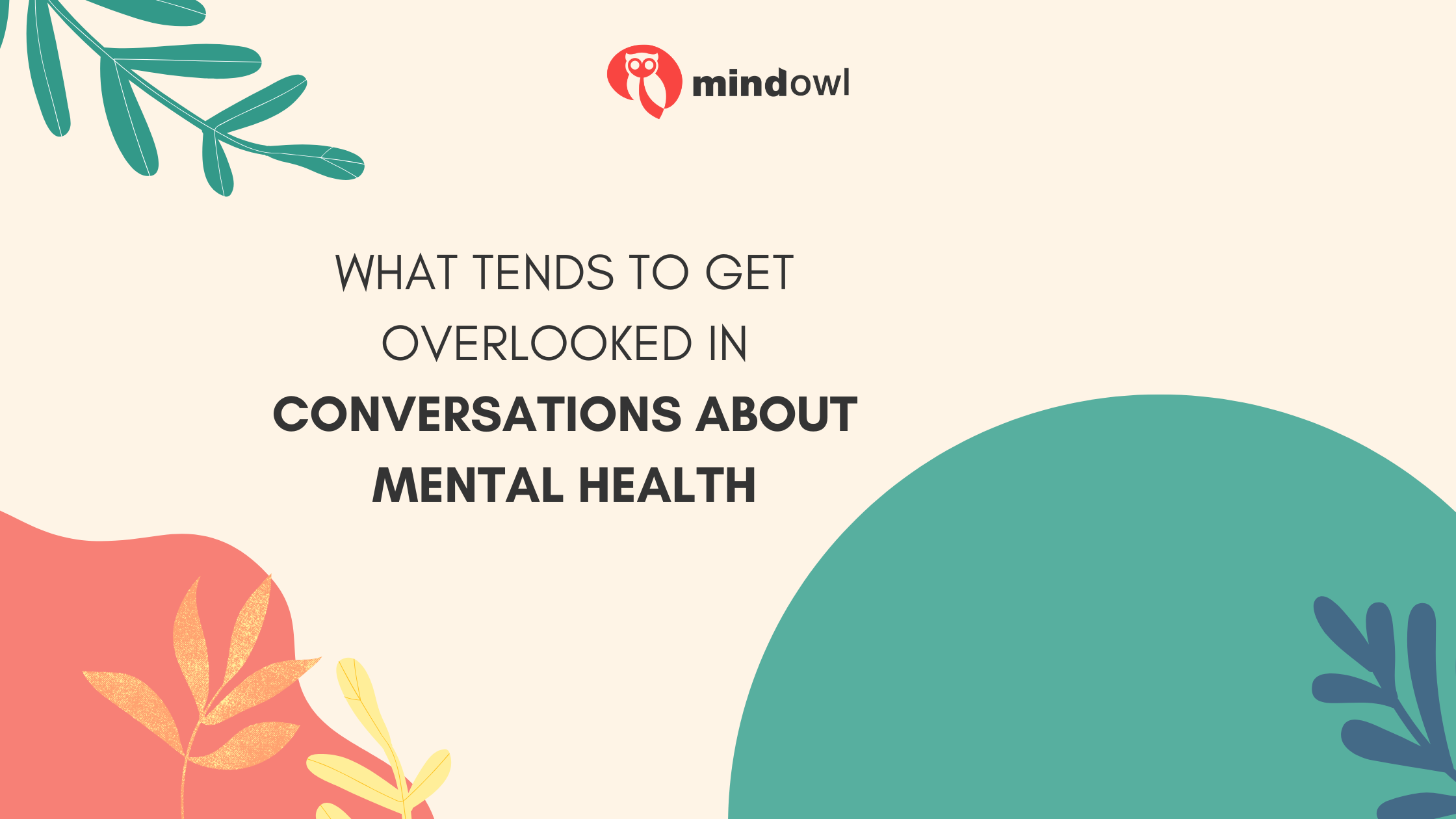Mental health has become an increasingly mainstream topic in recent years, with more individuals, organizations, and institutions openly addressing issues like anxiety, depression, and burnout. Campaigns, social media movements, and corporate wellness initiatives have made conversations about mental health more acceptable and accessible than ever before. Despite the growing awareness, there are still critical aspects of mental health that often go unnoticed or under-discussed.
These overlooked areas can have a profound impact on individuals and communities, and neglecting them can lead to an incomplete or even misguided understanding of mental well-being. To foster a more holistic and compassionate dialogue around mental health, we need to shed light on the less obvious but equally important dimensions of the topic.

The Importance of Preventive Mental Health Care
Preventative mental health care plays a crucial role in maintaining emotional resilience and reducing the long-term impact of psychological issues. Instead of waiting for a crisis to occur, individuals can benefit from early interventions like therapy, mindfulness practices, and lifestyle adjustments. Regular check-ins with counselors or psychologists can uncover underlying issues before they escalate into more serious conditions. In the middle of this spectrum of care, a pyschiatrist hospital can serve as a vital resource, offering diagnosis and support when symptoms begin to emerge but haven’t yet become severe. By utilizing professional services early, individuals are more likely to maintain balance, avoid burnout, and manage stress before it becomes overwhelming.
The Role of Socioeconomic and Cultural Factors
Another often overlooked aspect of mental health discussions is the impact of socioeconomic status, culture, and systemic inequality. Access to mental health care is not equal across all populations. People from marginalized communities often face financial barriers, cultural stigma, or a lack of culturally competent providers. Trauma related to discrimination, poverty, or immigration experiences can significantly influence mental well-being. These issues are rarely addressed in mainstream narratives, which tend to focus on individual experiences rather than systemic contributors. A truly inclusive mental health conversation must acknowledge that not everyone has the same resources, support, or freedom to prioritize their mental health in the same way.
The Overemphasis on Diagnoses and Labels
While diagnoses can help access treatment and understanding mental health conditions, the overemphasis on labels can sometimes do more harm than good. Conversations about mental health often center around named disorders, such as depression, anxiety, or bipolar disorder, without considering the nuances of emotional experience. This can lead to self-diagnosis or the dismissal of struggles that don’t fit neatly into a category. The fixation on labels can contribute to stigma, making individuals feel defined or limited by their diagnosis. It’s important to recognize that mental health exists on a spectrum and that emotional suffering doesn’t always require a clinical label to be valid or deserving of support.
The Connection Between Physical and Mental Health
Lastly, the intrinsic connection between physical and mental health is frequently underestimated in mental health conversations. Chronic illnesses, hormonal imbalances, and even poor nutrition can directly affect mood, cognition, and emotional stability. Untreated mental health conditions can manifest physically, resulting in fatigue, headaches, or gastrointestinal issues. Despite this connection, mental and physical health care are often siloed, with few healthcare providers addressing dimensions in tandem. Integrating these two aspects of health could lead to more effective and comprehensive treatment plans. It’s important to advocate for a holistic approach that recognizes the body and mind as deeply interconnected rather than isolated entities.

As society continues to engage in more open conversations about mental health, we mustn’t fall into the trap of simplification or surface-level understanding. Preventative care, cultural and economic influences, the pitfalls of over-labeling, and the mind-body connection are just a few of the critical elements that deserve more attention. By expanding the scope of our discussions, we foster deeper empathy and insight and create a more inclusive and effective framework for supporting mental well-being across diverse communities.
MindOwl Founder – My own struggles in life have led me to this path of understanding the human condition. I graduated with a bachelor’s degree in philosophy before completing a master’s degree in psychology at Regent’s University London. I then completed a postgraduate diploma in philosophical counselling before being trained in ACT (Acceptance and commitment therapy).
I’ve spent the last eight years studying the encounter of meditative practices with modern psychology.

